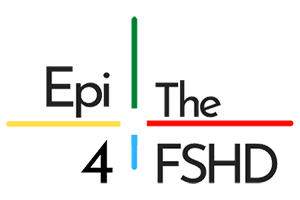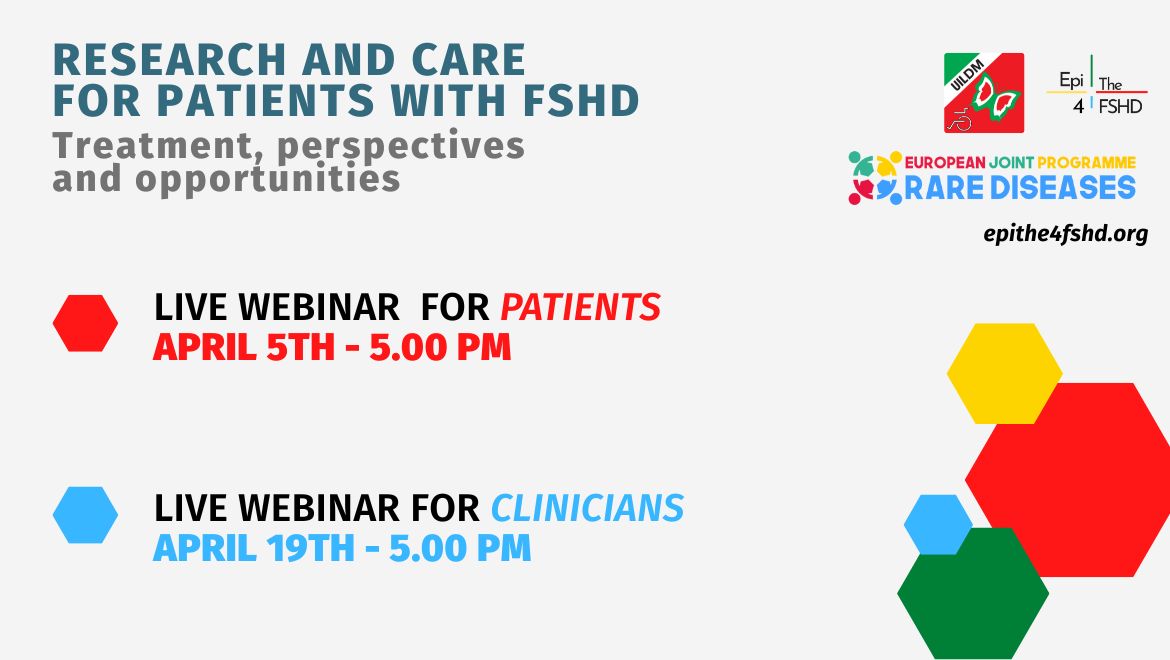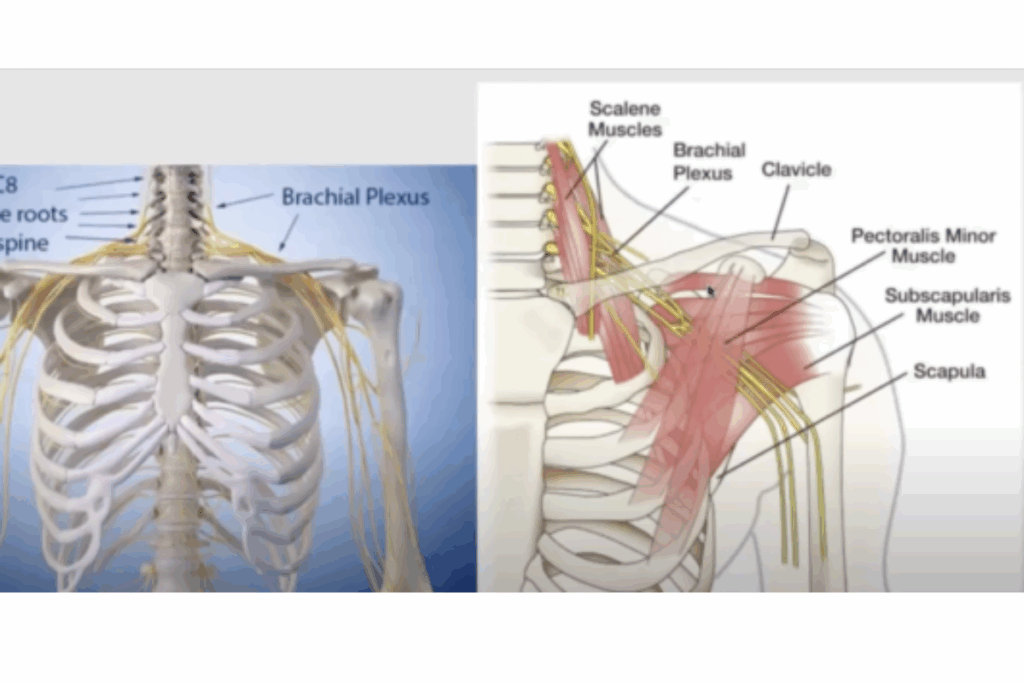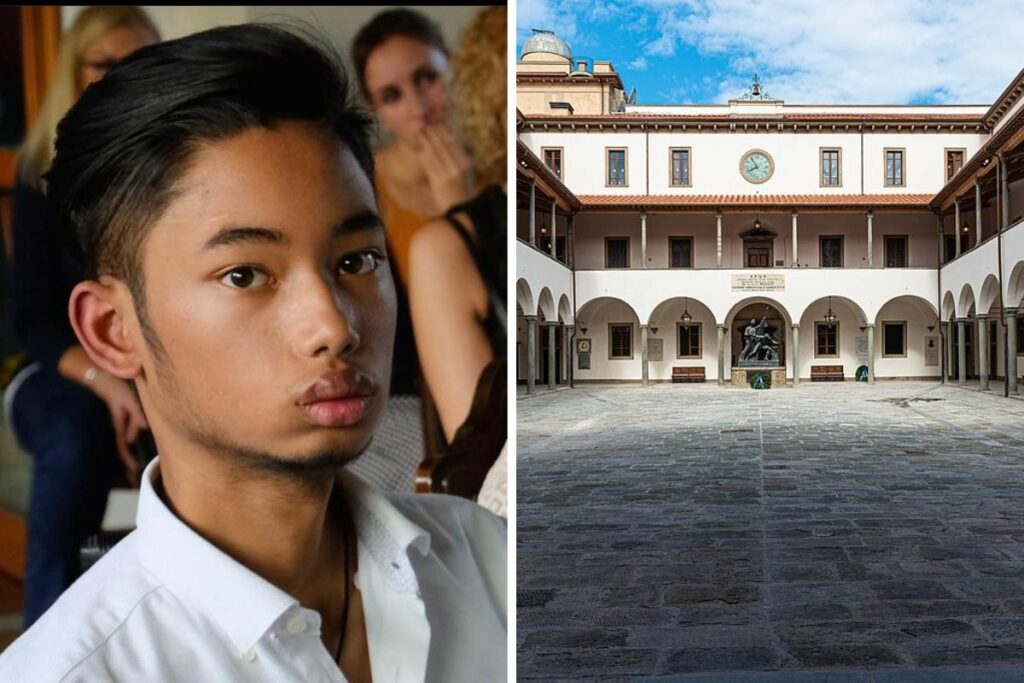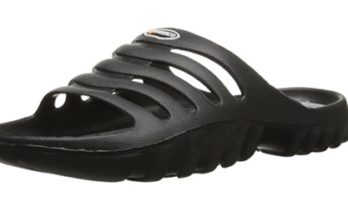Thanks to the international research project EpiThe4FSHD, Italy’s umbrella patient organization UILDM – Unione Italiana Lotta alla Distrofia Muscolare – has announced two upcoming live webinars dedicated to FSHD – Facioscapulohumeral Muscular Dystrophy – which will highlight two key topics: a) the latest news on the front of FSHD research worldwide; b) how people with FSHD are managed today. The first webinar, taking place on Wednesday, April 9, from 5pm to 6:30pm (Italy’s time), will be dedicated to the people with FSHD. The second event will be targeting FSHD Health Professionals and will take place on Wednesday, April 19, from 5pm to 6:30pm (Italy’s time).
As a member of the EpiThe4FSHD project, the role of UILDM is to support its communication in Italy and internationally, as well as enhancing awareness and knowledge on FSHD amongst patients and clinicians. To this end, a bilingual (Italian-English) website has been created in close collaboration with the FSHD Patient Group of UILDM. In fact, thanks to the direct engagement of FSHD patients, UILDM continues to pursue its goal to put the person/patient at the center of its action, thus increasing the awareness and independence of the patients who are gaining more and more a primary role at all levels of communication.
«FSHD is one of the most common neuromuscular diseases. Unfortunately, as of today no cure or therapeutic treatment is available for the patients – explains Dr. Davide Gabellini, coordinator of the EpiThe4FSHD project. FSHD is caused by an out-of-control expression of the DUX4 protein which is toxic to muscle cells. With the support of the European Joint Program on Rare Diseases and the contribution of European and North American partners, the EpiThe4FSHD project aims to test the safety and efficacy of molecules that inhibit the production of DUX4 – states Dr. Gabellini. In addition to its scientific objectives, an equally important part of the project aims at raising awareness about the disease thanks to the fundamental contribution of UILDM as a partner of the EpiThe4FSHD project».
«The EpiThe4FSHD project represents an important step forward for both FSHD patients and clinicians involved in this type of dystrophy – explains Marco Rasconi, President of UILDM. By engaging patients in the process of communication and awareness of their own disease, we want them to gain a leading role in the path to find a cure, thus increasing their self-esteem as people in the first place. In fact, this is a primary objective which UILDM has always been very much committed to. As I like to say, ‘care’ and ‘taking care of’ are cornerstones that we have always to keep in great consideration. As a matter of fact, while scientific research tirelessly continues to search for a cure, our commitment as a patient organization is to keep on improving the patient quality of daily life which is something that goes through education, communication and self-awareness».
The EpiThe4FSHD project
The three-year research project “Safety and efficacy of a possible therapeutic approach for FSHD dystrophy”, classified with the acronym “EpiThe4FSHD”, started in September 2021. The project focuses on the study of the mechanisms controlling the expression of DUX4 in order to inhibit it. The “Gene Expression and Muscular Dystrophy” research group at San Raffaele Scientific Institute in Milan is leading the project under the coordination of Dr. Davide Gabellini. The research group has identified a factor required for the expression of DUX4 in cells from FSHD patients. Since there are already pharmacological and genetic inhibitors of this factor, this discovery has hinted at the possibility of a future therapeutic use.
EpiThe4FSHD is an international project that sees the participation of several partners in addition to the lead partner San Raffaele: Ontario Institute for Cancer Research (OICR); Neurology Unit, Pisa University Hospital – Department of Experimental Medicine and Clinic, University of Pisa; Koc University Hospital, Department of Medical Genetics, Genetic Diseases Evaluation Center; Biomedical Center, LMU Munich. It is funded by EJP RD – European Joint Program on Rare Diseases.
How to take part to the webinar
Please register by clicking on the following links. After that, you will receive a link to connect.
- Webinar of April 5, from 5pm to 6:30pm (target: Patients) >> https://us06web.zoom.us/webinar/register/WN_N7bHgx4CSkOSrF_zBWNT4w
- Webinar of April 19, from 5pm to 6:30pm (target: Health Professionals) >> https://us06web.zoom.us/webinar/register/WN_3YvOpBTDT0-7GQlwMErwGA
Endorsements
The two webinars are supported by: OMAR – Osservatorio delle Malattie Rare; Alleanza delle Malattie Rare; Simfer – Società Italiana di Medicina Fisica e Riabilitativa; FSHD Society; World FSHD Alliance; Centri Clinici NeMO; SIF- Società Italiana di Fisioterapia; AIM – Associazione italiana di Miologia.
UILDM was founded in 1961 with the aim of promoting the social inclusion of people with disabilities, through the removal of all kinds of barriers, and supporting scientific research and information on dystrophy and other neuromuscular diseases. It has a widespread presence in the territory thanks to 66 local sections, 3,000 volunteers and 10,000 members, which are a point of reference for about 30,000 people. UILDM carries out an important work in the social field and in wide-ranging medical-rehabilitation assistance, also managing outpatient rehabilitation, prevention and research centers, in close collaboration with university and socio-health structures.
UILDM FSHD Group is coordinated by volunteer Maria Giovanna Tortora together with UILDM Vice-President Stefania Pedroni at national level, while is led by volunteer Fabiola Maria Bertinotti at international level, thus representing FSHD-UILDM within the main global patient’s organizations, such as World FSDH Alliance and TREAT -NMD.
The objectives of the UILDM FSHD Group are:
- connecting people with FSHD to better understand their needs and experiences
- providing medical-scientific updates and information on how to improve quality of life.
Thanks to the Epithe4FSHD project, UILDM FSHD Group has created the first Italian/English FSHD-dedicated website addressing FSHD Italian patients with the aim of improving communication on two fundamental topics: a) the latest news on FSHD research, and b) ideas and best practices on how to improve everyday life. In close collaboration with the UILDM offices, the FSHD Group studies and promotes FSHD-specific webinars and, thanks to the leader of the FSHD-Chat Maria Giovanna, carries on a daily direct line with all the members of the Group.
